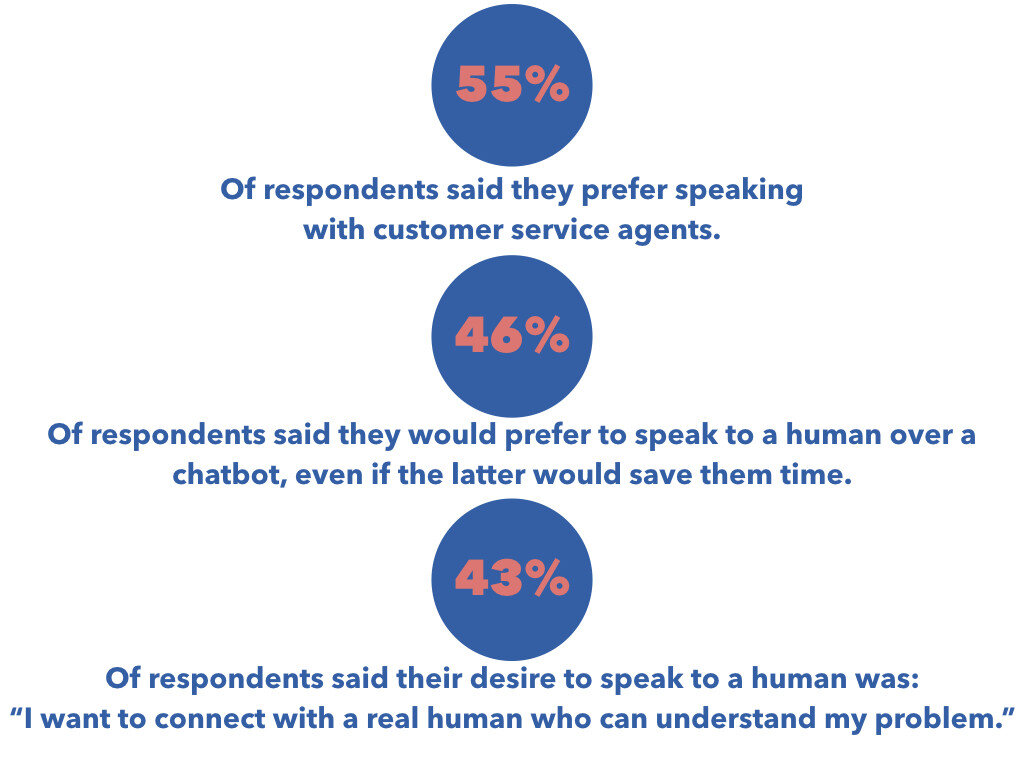The Future of Customer Service: Humans are still in Demand
Customer Service is arguably one of the most important sectors of an organisation when it comes to it’s reputation. The employees that work within customer service are inevitably the face and/or the voice of any organisation. For some organisations, customer service advisors are perhaps the only point of contact for all of their customers, therefore it is vital that organisations are ahead of the curve when it comes to upcoming trends and developments within this sector.
In this series of pathways, we are going to explore the predicted upcoming trends within the Customer Service sector and how these are being driven by the advancements within technology.
Humans are still in Demand
The customer service sector is quickly advancing due to the development of new and more effective technology. That being said, when asked, customers say that a friendly and knowledgeable customer service agent is still the most important factor of their customer experience.
Us humans are very social beings. We have a fundamental need to connect with one another. This need goes all the way back to the beginning of our existence where we teamed up to go hunting together to increase the likelihood of catching something. Today, this instinct has remained and the innate need to understand the thoughts, feelings, and motivations behind the behaviour of others is what drives our social interactions.
This is no different when we as customers need help from a business or organisation. Unfortunately, when it comes to customer service, it is becoming increasingly harder for customers to get help from an actual human and speak to something with a beating pulse on the other end of the phone. This is because in order to help free up the time of their customer service advisors, organisations are offering online support pages, automated chatbots and interactive voice response devices to help with customer problems. Whilst this is ok for customers with a simple query, for queries that are even mildly complex, they really need to be speaking to a human rather than a computer.
Even in the age of automation, the need to deal with a human on the other end of the phone is more important than ever. Although a Chatbot may be effective in solving a customers problem, it’s very unlikely that they will leave the customer feeling that they have had an amazing service from it. It is the human touch that can make a customer service interaction unforgettable.
When they surveyed 1000 customers across all generations, Usabilla found the following:
In Summary: it may seem that the development of new AI technology may reduce the need for humans to fill customer service roles, however, according to the statistics provided in this pathway, this isn’t the case. Although technology such as Chatbots reduce the amount of queries a customer service advisor has to deal with, it actually gives them more time to spend helping customers who have more complex queries and offering a better level of service. Due to our natural inclination to interact with other human beings, speaking to a human on the other end of the phone when we have a problem will always beat the service of any Chatbot or customer support page.



